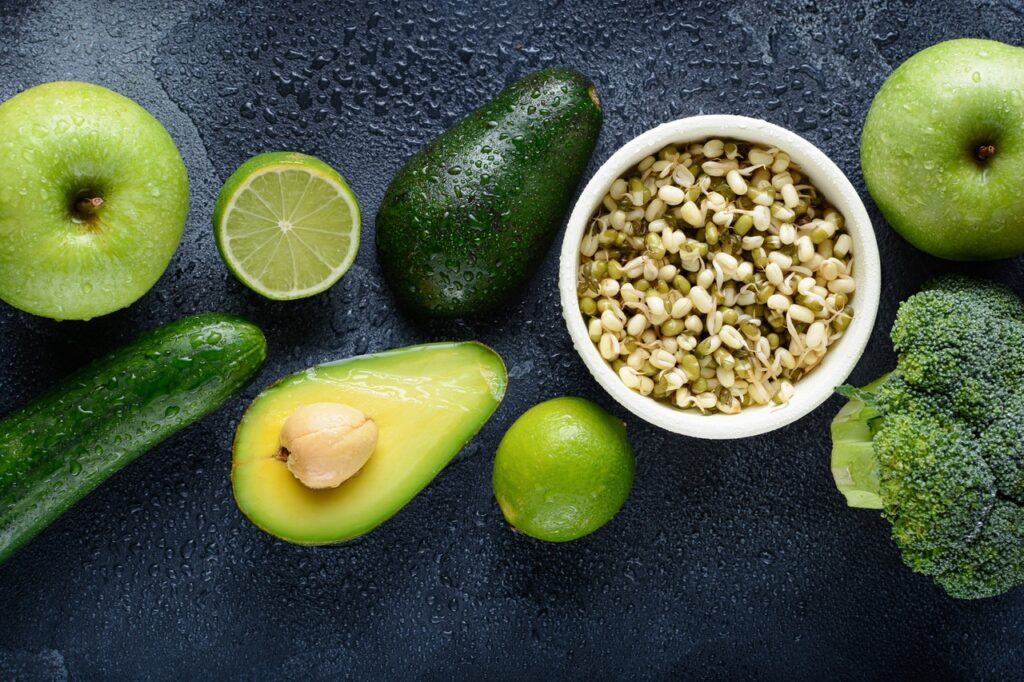How to Lose Belly Fat in 1 Month

Introduction
Hey there! If you’re looking to flatten that belly in a month, you’re in the right place. We often hear about quick fixes to lose weight, but the goal here is to approach this journey in a healthy and sustainable manner. Let’s get started on understanding the basics, setting realistic goals, and making helpful lifestyle changes to achieve visible results without compromising your health.
Importance Losing Belly Fat
Losing belly fat isn’t just about looking good – it’s about feeling good and being healthy. Excess belly fat can lead to significant health risks including heart disease, diabetes, and even some types of cancer. More than just physical health, shedding those extra pounds can boost your self-esteem and energy levels, making everyday activities easier and more enjoyable.
Realistic Goals for One Month
Understanding Belly Fat
Types of Belly Fat
- Visceral: This fat surrounds your organs and can cause serious health issues.
- Subcutaneous: This is the fat you can pinch, sitting right under the skin.
Health Risks Associated with Belly Fat
Excessive belly fat is linked to:
- Increased inflammation
- Higher risk of Type 2 diabetes
- Heart disease
Setting Realistic Goals
What to Expect in One Month
A healthy target is to lose 4 to 8 pounds, which can translate to a noticeable reduction in belly fat. Keep in mind, deep visceral fat is often the first to go when you start losing weight, which is great news for your health!
Importance of Consistency
Consistency is key in seeing results. Quick fixes can lead to rapid weight loss and just as rapid weight gain back. Stick with the plans for lasting changes.
Creating a Balanced Diet Plan
Nutritional Basics
Focus on a balanced diet with a caloric deficit. Include plenty of fiber, protein, and essential fats.
Foods to Avoid
- Sugary snacks and beverages
- Excessive amounts of carbohydrates
- Processed foods
Foods to Include
- Lean proteins (chicken, fish, legumes)
- Green vegetables (spinach, kale)
- Whole grains (quinoa, oats)
Effective Workout Routines

Cardio Exercises
Start with brisk walking or running. Aim for 150 minutes of moderate cardio or 75 minutes of vigorous cardio per week.
Strength Training
Incorporate 2-3 days of strength training to build muscle and increase your resting metabolism.
Core-specific Exercises
- Planks
- Bicycle crunches
- Pilates
Incorporating High-Intensity Interval Training (HIIT)
Benefits of HIIT
HIIT can significantly boost your fat burning by alternating short bursts of intense exercise with periods of rest.
Sample HIIT Workout
- 30 seconds of sprinting
- 1 minute of walking
Repeat for 15-20 minutes.
Lifestyle Changes
Importance of Sleep
Aim for 7-9 hours of quality sleep per night to support your weight loss.
Managing Stress
Chronic stress can lead to cortisol spikes, increasing belly fat. Activities like yoga and meditation can help manage stress.
Hydration is Key

Benefits of Staying Hydrated
Proper hydration boosts your metabolism and helps your body efficiently burn fat.
How Much Water Should You Drink?
Aim for at least eight 8-ounce glasses of water a day, more if you’re exercising heavily.
Tracking Your Progress
Using a Journal or App
Documenting your food intake and exercise can be incredibly motivating and highlight areas needing adjustments.
Adjusting Your Plan as Needed
Be flexible. If something isn’t working, tweak your plan. Listen to your body’s needs.
The Role of Supplements
Effective Supplements for Fat Loss
Although not necessary, supplements like green tea extract or conjugated linoleic acid (CLA) can aid fat loss.
Safety and Efficacy
Always choose supplements that are third-party tested and consult with a healthcare provider before starting any new supplement regime.
The Importance of Consistency
Building Healthy Habits
Turn your new diet and exercise routine into long-term habits for sustained health benefits.
Staying Motivated
Keep your goal in sight, and remind yourself why you started. Reward your progress and forgive your slip-ups.
Common Mistakes to Avoid
- Crash Diets: These can do more harm than good.
- Overtraining: This can lead to burnout and injuries.
Real-Life Success Stories
Inspiration from Others
Hearing how others have successfully lost belly fat can be incredibly motivating. Each journey is unique, but common themes are persistence and small, consistent changes.
Meet sarah who joined our weight loss program https://blissslim.com/10-simple-healthy-lifestyle-habits . She lose 10kg weight in 1 months.
What You Can Learn from Their Journeys
Every success story has lessons about what works and what doesn’t—incorporate these lessons into your journey.
When to Seek Professional Help

Consulting a Nutritionist or Personal Trainer
If you find yourself struggling, a professional can provide valuable guidance tailored to your specific needs.
Recognizing When You Need Extra Support
Don’t be afraid to seek help if you’re not seeing results or if you’re feeling unusually tired or unwell.
Conclusion
Remember, losing belly fat is a journey, not a sprint. By setting realistic goals, making informed nutritional choices, engaging in effective workouts, and managing lifestyle factors, you are setting yourself up for success. Stay committed, and don’t get discouraged by setbacks. Here’s to a healthier, happier you!
FAQs
Q: How quickly can I safely lose belly fat?
A: Generally, a safe amount of weight to lose per week is 1-2 pounds. At this rate, you can see notable changes in one month without compromising your health.Q: Can I target belly fat specifically with exercises?
A: Directly targeting belly fat isn’t possible, but overall body fat reduction through diet and exercise will include reductions in belly fat.Q: How important is sleep in losing belly link?
A: Adequate sleep is crucial. It helps balance the hormones that control appetite and fullness and also gives you the energy to maintain your exercise regimen.


